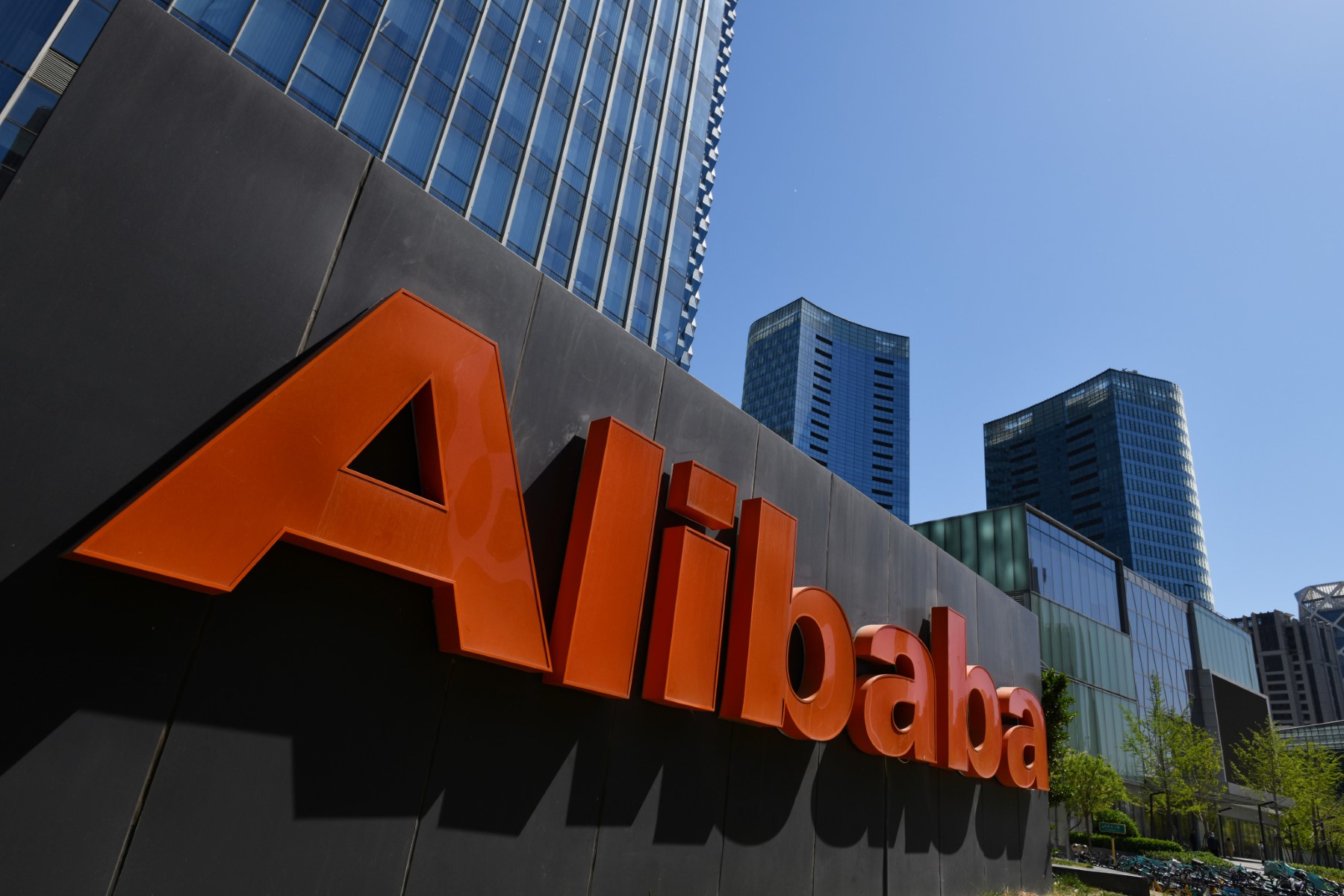Hong Kong, China — Chinese e-commerce giant Alibaba said Friday it would upgrade its Hong Kong-listed shares to primary status, opening it up to China’s huge army of investors that could potentially rake in billions of dollars for the firm.
The decision by shareholders during its annual general meeting Thursday will provide a much-needed boost to the firm, which has underperformed the market in recent years owing to weak consumption and after a painful crackdown by Beijing on the tech industry.
“We are pleased to announce that the voluntary conversion of our secondary listing to primary listing on the Hong Kong Stock Exchange will become effective on August 28, 2024,” the company announced on Friday.
The firm, which is also listed in New York, had flagged the idea two years ago amid worries about a regulatory drive by US authorities as tensions simmered between the superpowers, though that was later put off.
Alibaba has been primarily traded in New York since 2014 and remained dual-listed after its notable return to Hong Kong through a second listing in 2019.
However, the firm’s shares in Hong Kong have plunged since the crackdown began and are down about 75 percent from their peak in 2020.
A conversion to primary status in Hong Kong could pave the way for Alibaba to enter a cross-border scheme that allows investors in Shenzhen and Shanghai to trade Hong Kong-listed shares.
That would open it up to China’s more than 200 million investors and could see capital inflows of up to US$19.5 billion in the first six months of inclusion, according to Bloomberg News.
Co-founder and chairman Joe Tsai told Hong Kong’s South China Morning Post newspaper in May that “the main reason for us to proceed with the dual primary listing is because we want to tap into the southbound capital flows through the Stock Connect programme”.
Kenny Ng, a strategist at Everbright Securities International, told AFP that the move could boost Alibaba’s stock price after its shares were formally admitted to the cross-border trading scheme beginning September at the earliest.
“Southbound capital has always been interested in stocks of tech giants like Tencent and Meituan, and Alibaba is rather well known in mainland China so we expect a remarkable inflow of investment,” Ng said.
Alibaba reported this month a 29 percent fall in quarterly profit as it battles sluggish activity among China’s consumers as leaders struggle to kickstart the stuttering economy.
Uncertainty about Alibaba’s future development has persisted since Beijing scuttled a planned initial public offering of the company’s financial services arm, Ant Group, in late 2020.
The cancelled listing — which would likely have been the biggest in history — was followed a month later by an announcement that Alibaba was under formal investigation in China for alleged monopolistic practices.
Shares in the firm rose 1.2 percent throughout Friday, while the broader Hang Seng Index was down.








